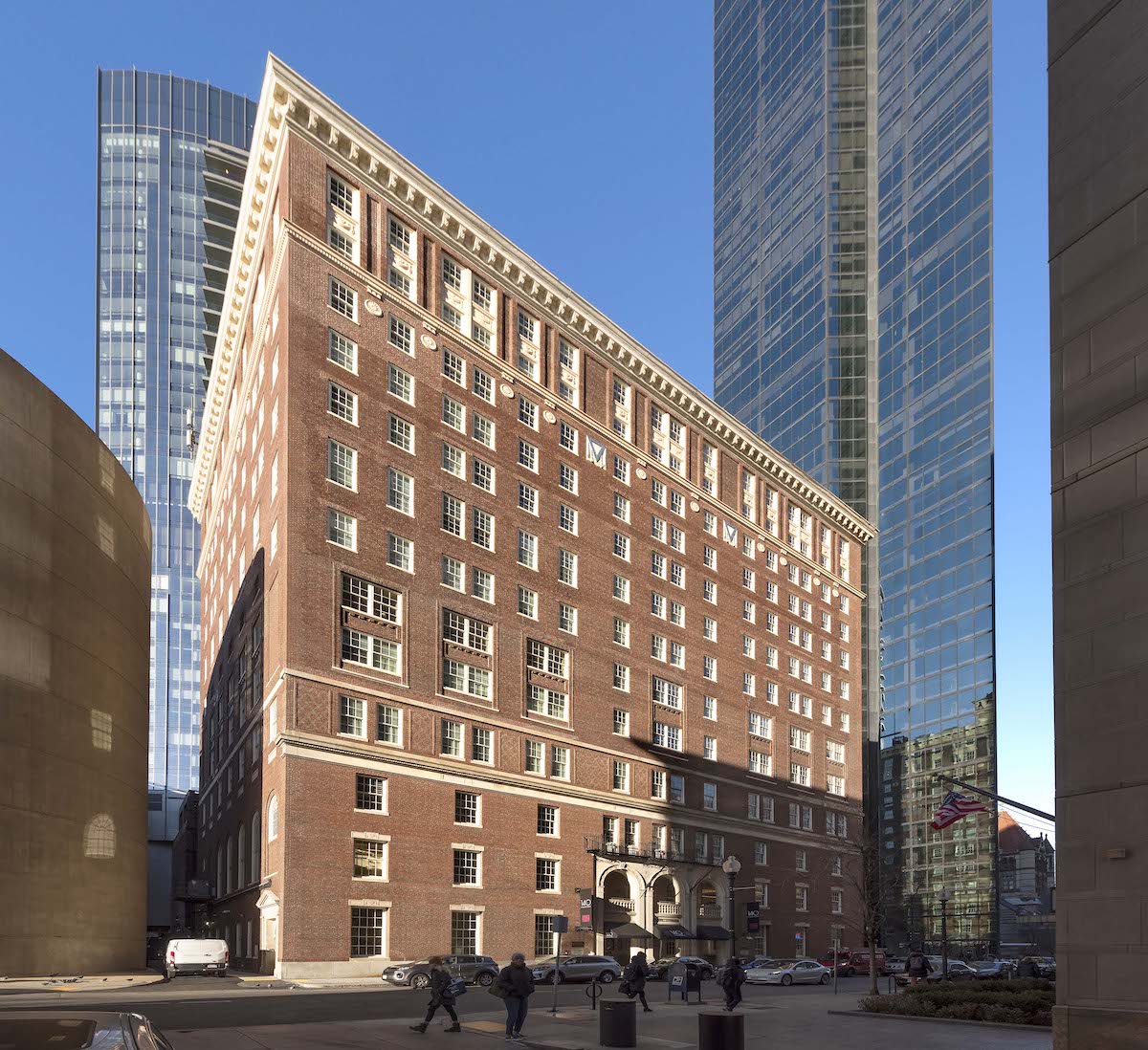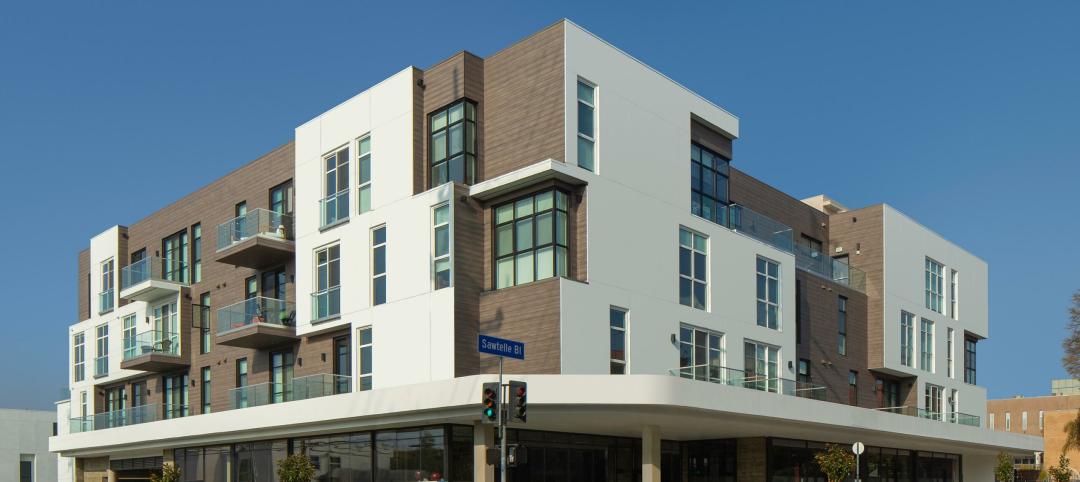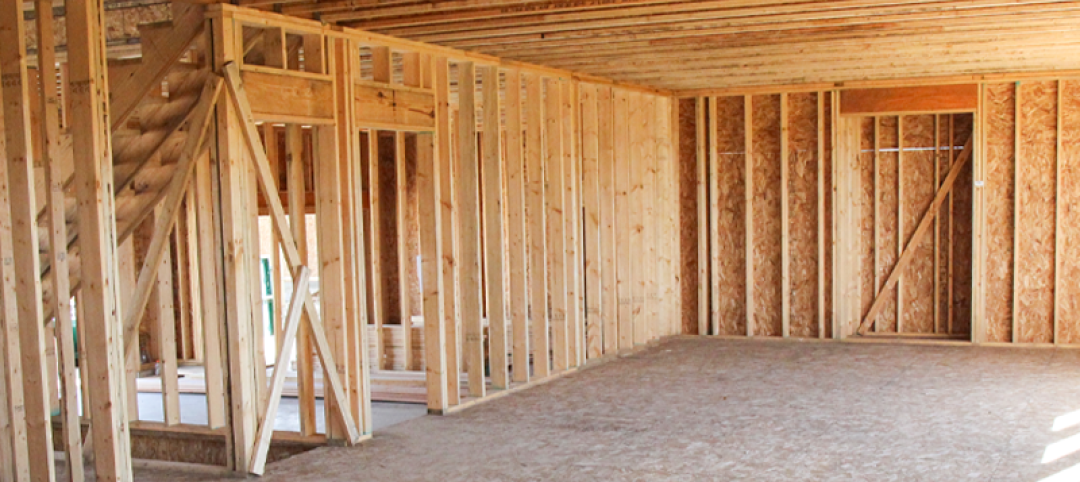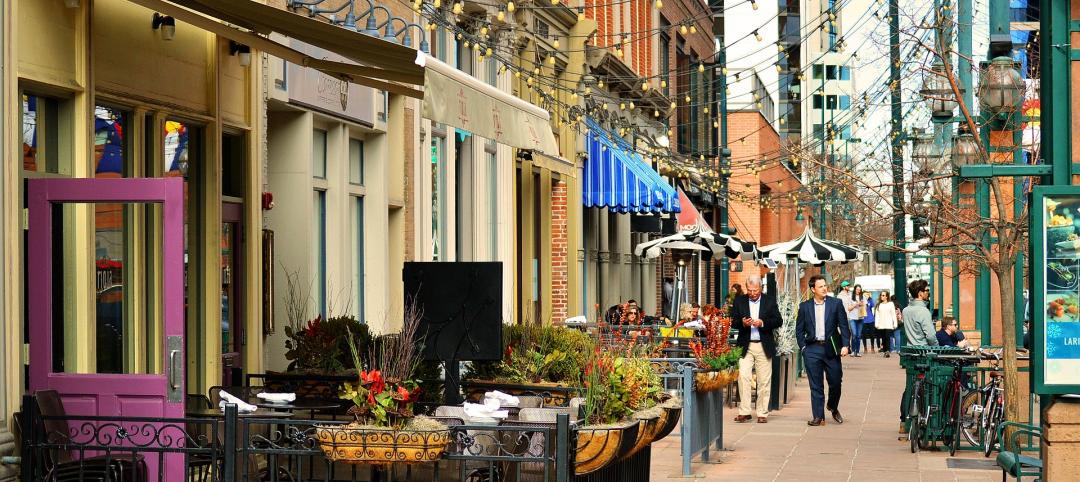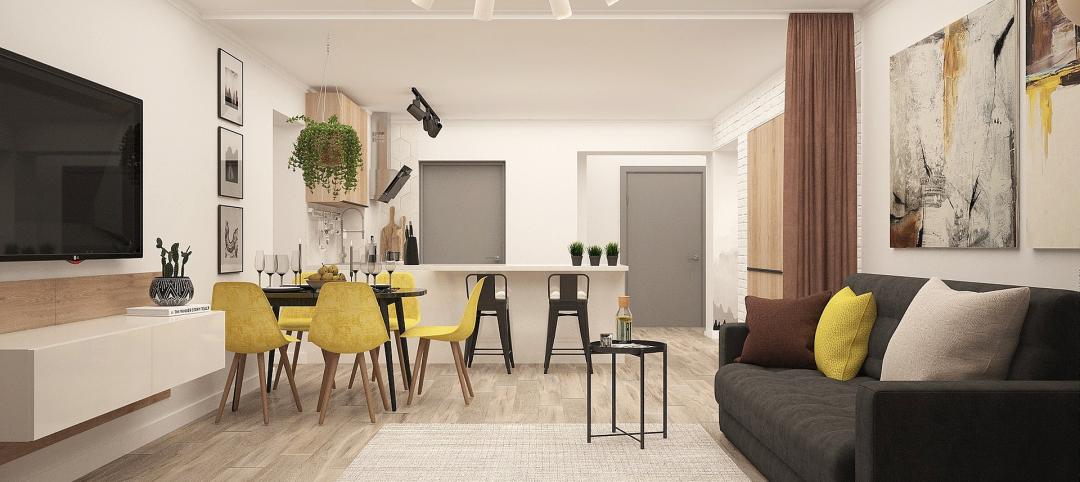The new 140 Clarendon Street apartments in Boston’s Back Bay neighborhood, designed by Cambridge-based architecture firm PCA, provide permanent affordable housing with 210 new studio and one-bedroom apartments and a mix of community and amenity spaces. The conversion design doubles the number of apartments in the 1929 building while keeping several existing cultural and educational tenants in the multi-use building.
Developed by Beacon Communities in collaboration with The Mount Vernon Company, 140 Clarendon reimagines the Back Bay’s 13-story former YWCA. Dubbed “The Miracle on Clarendon” by the Boston Globe, the ambitious project arose from a collaborative effort by a team of development partners, architects, builders, funders, and neighbors. The property is managed by Beacon Residential Management. Pine Street Inn provides services for the 111 households who have experienced homelessness under the national Housing First model.
“The success of 140 Clarendon Street provides an inspired example of how public and private partners can collaborate behind a shared vision and solve seemingly insurmountable challenges,” said Darcy Jameson, Vice President of Development for Beacon Communities.
MEETING THE SPECIAL NEEDS OF THE TENANT MIX
Of the 210 apartments, 111 are designated for residents transitioning from unhoused to permanent housing. The remaining 99 affordable apartments are reserved for income-eligible households.
One major concern for the design team was reconfiguring the former hotel floor plates to meet the space needs and program essentials for a diverse mix of occupants. For example, the former YWCA floor plates had no kitchens, whereas all the new units required kitchens.
Nidhi John, AIA, a Principal with PCA and lead architect for the project, said, “Moving the project through its design and construction phases as quickly as we did reinforced the commitment of all our stakeholders to creating urgently needed housing for the most vulnerable among us.”
SUPPORT SERVICES PROVIDED BY PINE STREET INN
Pine Street Inn staff provides social and supportive services for the 111 residents transitioning to permanent housing. This nationally renowned nonprofit partners with people experiencing homelessness to help them move from the streets and shelters to permanent supported housing with wrap-around case management services.
“PCA’s work on 140 Clarendon Street is informed by their deep understanding of how to create affordable housing that meets a wide range of occupant needs,” said Jan Griffin, Vice President of Housing for Pine Street Inn. “The design provides a welcoming, accessible, and supportive experience in the building's individual apartments and community spaces. It supports our program goals and helps our residents thrive as they transition to permanent housing.”
TENANTS REMAINED IN PLACE DURING CONSTRUCTION
140 Clarendon’s existing residents and tenants remained in the building throughout construction, a challenge that necessitated a complex phasing of the renovation work. These tenants include individual residents, and the YWCA (the original building owner, which called 140 Clarendon home for almost a century), The Lyric Stage Company, the City of Boston Snowden International School, and Viga Eatery.
“We hear a lot from tenants and visitors about how the building is distinctive, and not at all institutional in its look and feel,” said PCA’s John. “From the lobby to the comfortable lounges on each floor, to the unique design and layout of each apartment, the occupant experience is warm and welcoming throughout. That is what we were aiming to achieve – a strong sense of home and belonging for everyone.”
140 CLARENDON BUILDING TEAM
Developers: Beacon Communities, The Mount Vernon Company
Owner’s project management: WaypointKLA
Architect: PCA
Interiors: PCA & Beacon Concepts
Structural engineer: Odeh Engineers
Civil engineer: Nitsch Engineering
MEP/FP engineer: Petersen Engineering
Exterior envelope: Simpson Gumpertz & Heger
Historic consultant: Ryan LLC
Construction manager:: NEI General Contracting
ABOUT PCA
Founded in 1982, PCA is one of New England's most creative and innovative design firms. With expertise in architecture, planning, and interior design, PCA teams provide thoughtful, award-winning designs for hospitality, housing, retail, higher education, and mixed-use clients — making places that thrive in the marketplace and bring lasting value to the community.
ABOUT BEACON COMMUNITIES LLC
Beacon Communities LLC is a privately owned real estate firm that develops, acquires, invests in, and manages a wide range of multifamily housing, including affordable, market-rate, and mixed income-housing, from new construction to historic adaptive reuse, to the renovation of existing housing.
ABOUT PINE STREET INN
Pine Street Inn partners with homeless individuals to help them move from the streets and shelter to a home and assists formerly homeless individuals in retaining housing. Pine Street Inn provides street outreach, emergency services, supportive housing, job training, and connections to employment.
ABOUT THE MOUNT VERNON COMPANY
The Mount Vernon Company, a real estate investment company founded by Bruce A. Percelay, has grown over the past 30 years to include 1,600 apartments, five hotels, and select commercial and vacation properties. Mount Vernon Company received the Community Excellence Award from the Rental Housing Association of the Greater Boston Real Estate Board, the Paragon Award for Industry Excellence by the National Apartment Association, and the Best Landlord in Boston recognition by Boston Magazine.
Related Stories
Adaptive Reuse | Jul 27, 2023
Number of U.S. adaptive reuse projects jumps to 122,000 from 77,000
The number of adaptive reuse projects in the pipeline grew to a record 122,000 in 2023 from 77,000 registered last year, according to RentCafe’s annual Adaptive Reuse Report. Of the 122,000 apartments currently undergoing conversion, 45,000 are the result of office repurposing, representing 37% of the total, followed by hotels (23% of future projects).
Multifamily Housing | Jul 25, 2023
San Francisco seeks proposals for adaptive reuse of underutilized downtown office buildings
The City of San Francisco released a Request For Interest to identify office building conversions that city officials could help expedite with zoning changes, regulatory measures, and financial incentives.
Sponsored | Multifamily Housing | Jul 20, 2023
Fire-Rated Systems in Light-Frame Wood Construction
Find guidance on designing and building some of the most cost-effective, code-compliant fire-rated construction systems.
Multifamily Housing | Jul 13, 2023
Walkable neighborhoods encourage stronger sense of community
Adults who live in walkable neighborhoods are more likely to interact with their neighbors and have a stronger sense of community than people who live in car-dependent communities, according to a report by the Herbert Wertheim School of Public Health and Human Longevity Science at University of California San Diego.
Affordable Housing | Jul 12, 2023
Navigating homelessness with modular building solutions
San Francisco-based architect Chuck Bloszies, FAIA, SE, LEED AP, discusses his firm's designs for Navigation Centers, temporary housing for the homeless in northern California.
Sponsored | Fire and Life Safety | Jul 12, 2023
Fire safety considerations for cantilevered buildings [AIA course]
Bold cantilevered designs are prevalent today, as developers and architects strive to maximize space, views, and natural light in buildings. Cantilevered structures, however, present a host of challenges for building teams, according to José R. Rivera, PE, Associate Principal and Director of Plumbing and Fire Protection with Lilker.
Mass Timber | Jul 11, 2023
5 solutions to acoustic issues in mass timber buildings
For all its advantages, mass timber also has a less-heralded quality: its acoustic challenges. Exposed wood ceilings and floors have led to issues with excessive noise. Mass timber experts offer practical solutions to the top five acoustic issues in mass timber buildings.
Multifamily Housing | Jul 11, 2023
Converting downtown office into multifamily residential: Let’s stop and think about this
Is the office-to-residential conversion really what’s best for our downtowns from a cultural, urban, economic perspective? Or is this silver bullet really a poison pill?
Adaptive Reuse | Jul 10, 2023
California updates building code for adaptive reuse of office, retail structures for housing
The California Building Standards Commission recently voted to make it easier to convert commercial properties to residential use. The commission adopted provisions of the International Existing Building Code (IEBC) that allow developers more flexibility for adaptive reuse of retail and office structures.



